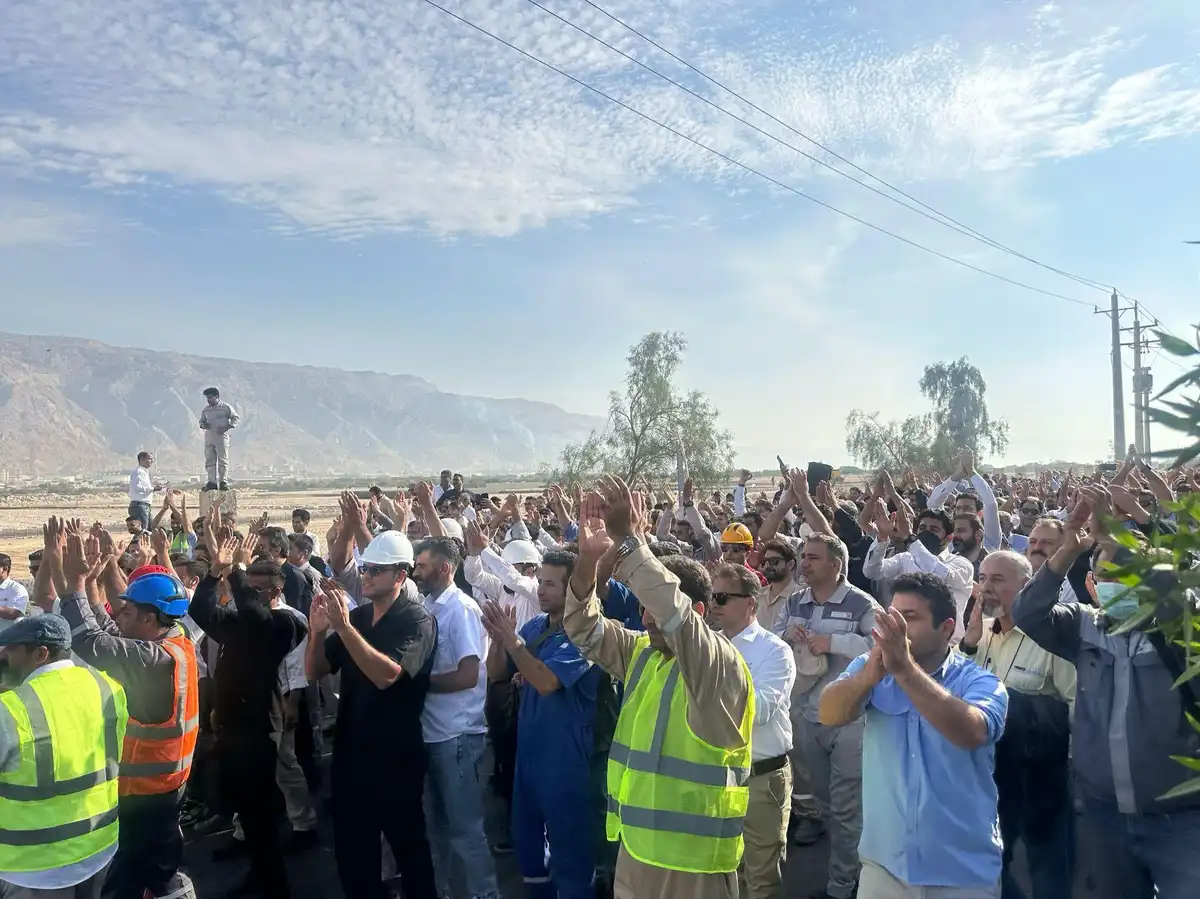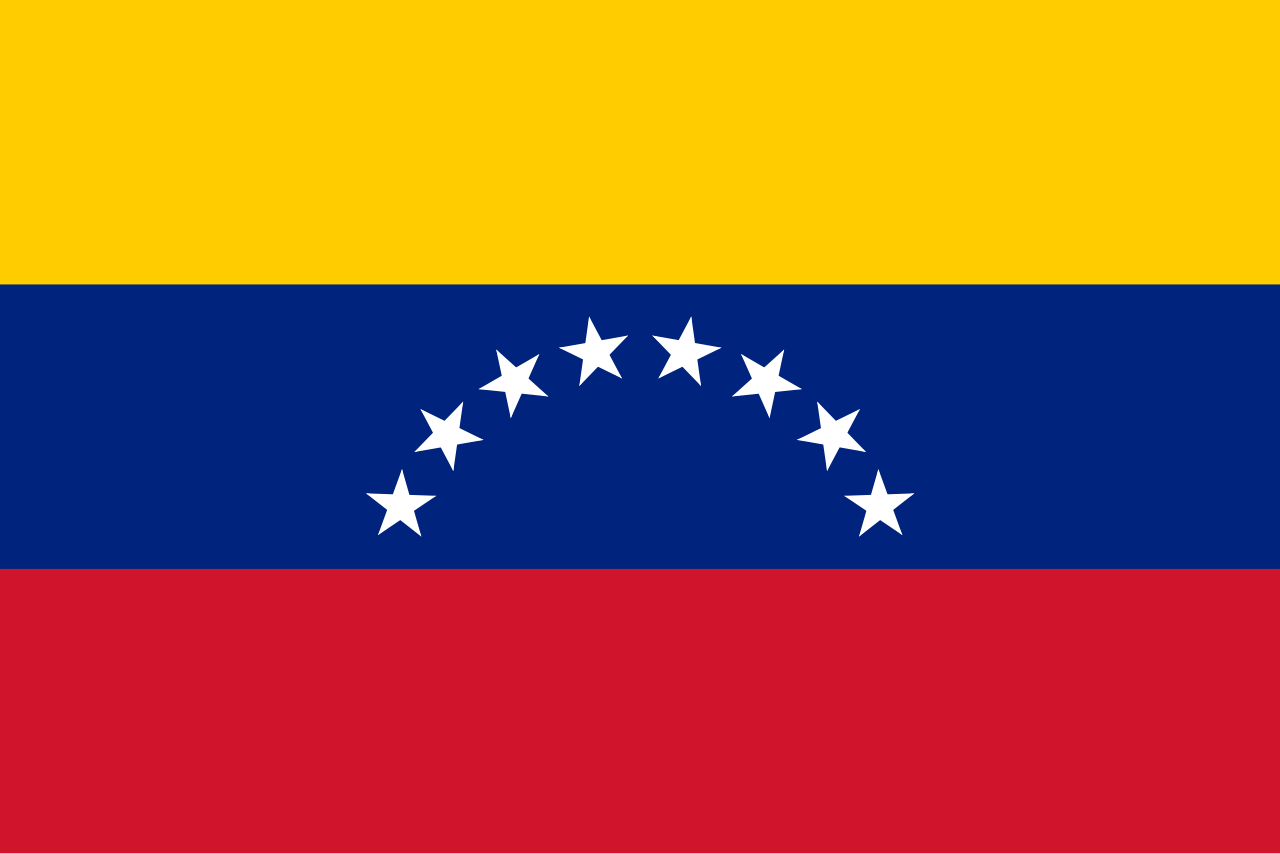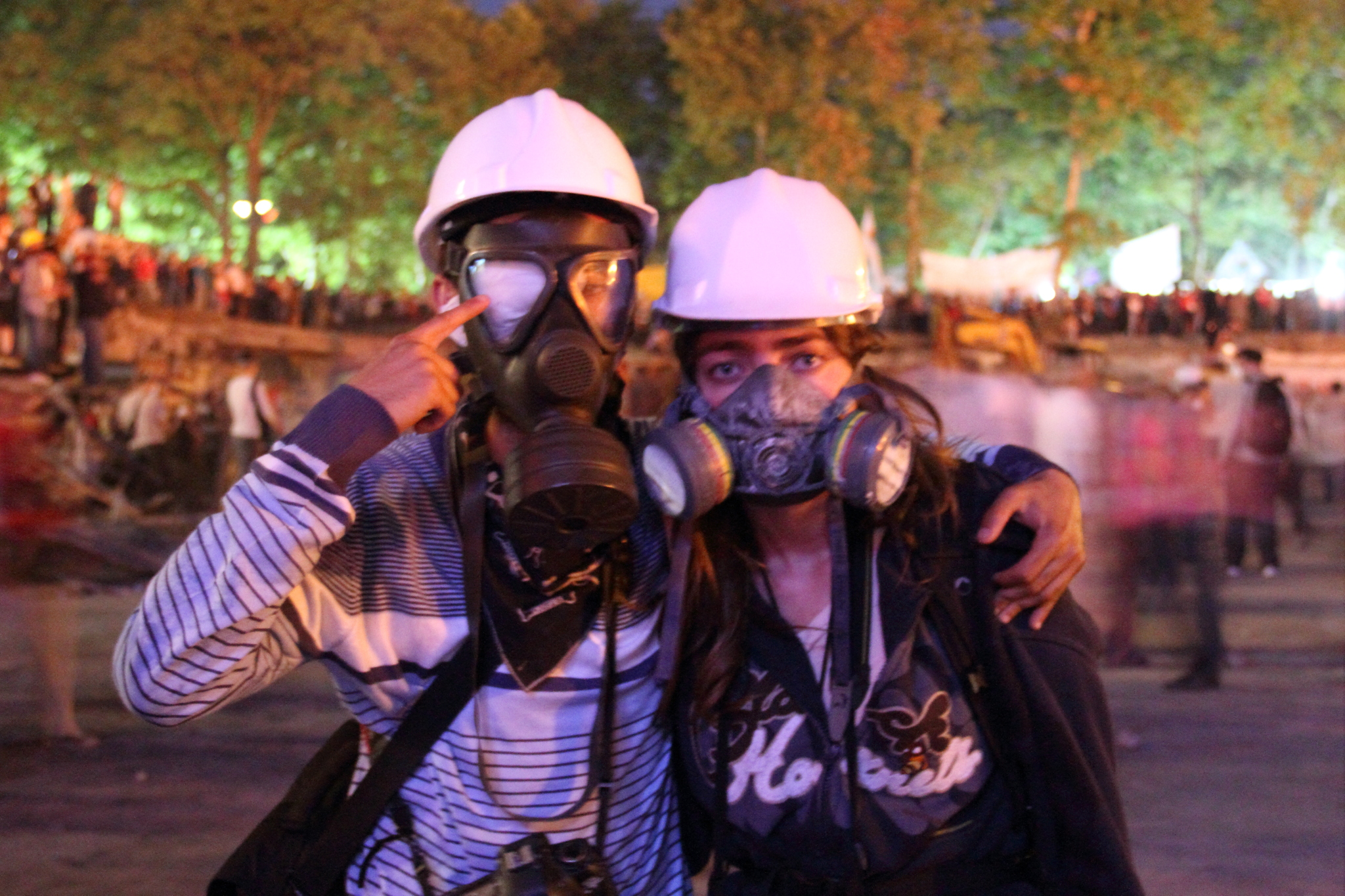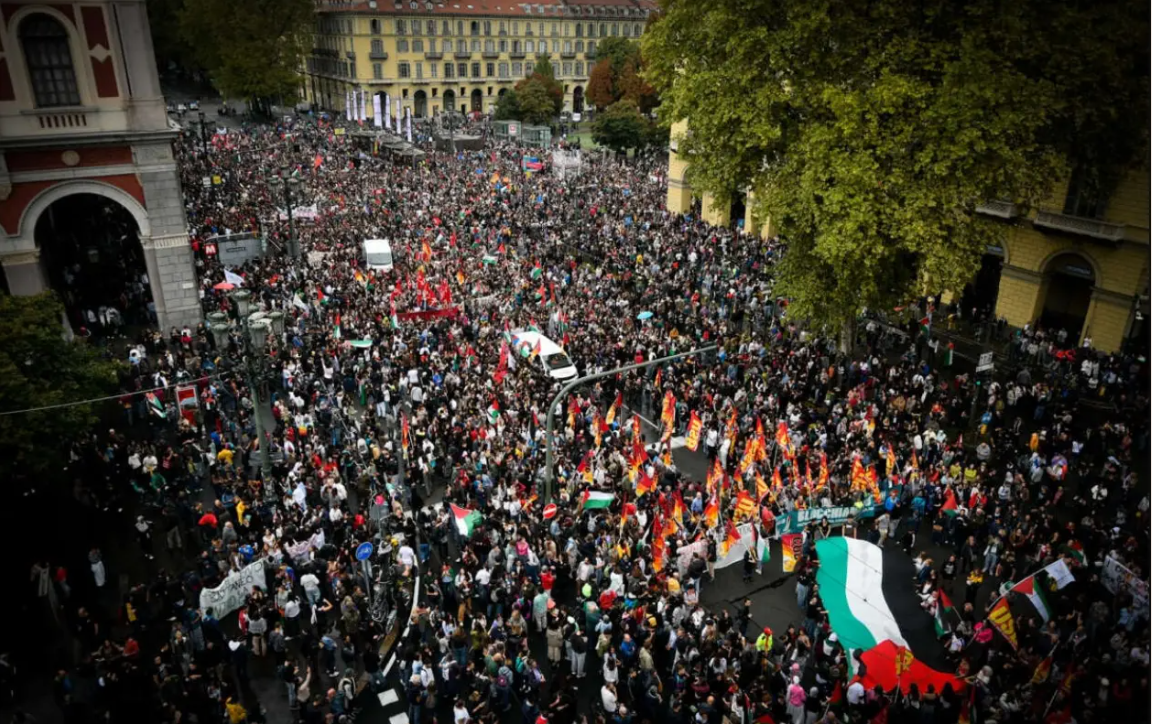The Syrian civil war has come about as a response to the rule of Bashar al-Assad who succeeded his father in the year 2000, coming into presidency with strong support of the people and with aspirations of democracy and secularism. However, as his presidency unfolded, not much changed for the Syrian people. The economy was still strongly controlled by the authorities and any signs of uprising or Arab Spring type movements were not met “democratically”.
This crackdown began by heavy monitoring of the internet, which led to nationwide detainment, torturing and killing of political dissidents. The official civil war didn’t begin until early 2011. Many people, inspired by the Arab Spring, felt it was time to protest for reform and demanded Assad resign. The regime was met with the biggest protests in decades – their response was to mow these unarmed protesters down right across the country.
This conflict carried on for much of the year resulting in a few thousand Syrians dead at the hands of the regime, which faced sanctions from the US and the EU, as Obama ordered Assad to abdicate. Russia, on the other hand, continued to back Assad despite his criminal actions.
Assad demonized any opposition and as the Syrian revolution began to take up arms in response, the regime responded with heavier military technology, even using ballistic missiles against its own people.
Assad shrugged off the seriousness of the situation, claiming the civil war was due to foreign powers meddling. There is some truth in what he says. It is no secret that the revolution has attracted Sunni jihadis, including some that support al Qaeda. It is no secret that the US and its allies have been supporting these rebels with the help of countries like Saudi Arabia, Qatar and Turkey. On the other side, Iran and Russia have been providing support for Assad, with Hizbollah fighters crossing the border from Lebanon to back Assad. The revolution of a people with genuine concerns to overthrow a tyrannical, murderous dictator has become a proxy war between world powers. As representatives of the Syrian socialist movement have said: the Syrian people have no real allies in this conflict as fighters are pouring in from surrounding countries.
It is estimated more than 110,000 lives have been lost in the civil war so far. More than 2.5 million refugees have fled Syria. Even if Assad is overthrown, foreign intervention is likely to mean a disastrous struggle for power once he is removed. Clearly something needs to be done but a US military strike is a whole other issue.
Why Syria is Important to the US and its allies
Iran sits on major oil and gas reserves, which were once controlled by the United States and Britain. In 1953, a CIA-orchestrated coup overthrew the democratically elected leader of Iran Mohammad Mossadegh and installed the Shah as an autocrat. The Shah’s brutal dictatorship was overthrown in the 1979 revolution – a heroic battle led by Iranian workers and peasants, but one that was ultimately channeled by the Muslim clergy into a religious direction. The post-revolutionary government was contradictory. Although it brought in reactionary laws, curbing women’s rights especially, and saved Iran for capitalism, the state also drove out many foreign multinationals and nationalised oil resources.
To say that the US did not take kindly to this is an understatement. Sanctions were almost immediately put on the Iranian regime. These sanctions have only increased in size and severity.
The US also encouraged its local warlord, Iraq’s Saddam Hussein, to take advantage of confusion caused by the revolution to invade. For most of the 1980s, Iran and Iraq fought a brutal battle. At immense human cost, Iran drove back Hussein’s forces. The USA provided chemical and conventional weapons to Iraq, but also secretly armed Iran in order to maximise the death toll.
After that disastrous war, Hussein believed he deserved a reward from the USA, and was understood he had been given the “green light” to annex Kuwait. That triggered the first US invasion of Iraq in 1991, followed by a decade of crippling economic sanctions that resulted in the death of about half a million children. In 2000, Iraq attempted to move of the US dollar and indicated that it would start selling oil in euros. In 2003 the US invaded Iraq and immediately switched the sale of oil back to dollars.
Libya, another country rich in resources, tried to do the same. Gaddafi intended to set up a gold-based currency called the dinar for a group of African nations. Obama and NATO helped to topple the Gaddafi regime and since then, how often do we hear Libya faring in the news? Do we just assume the country is better off now that one evil dictator is dead? Prominent news sites such as The Guardian and RT indicate the opposite is true. Of course this does not mean the Libyan revolution was simply a US coup. The struggle of the Libyan people against Gaddafi was inspired by the Arab Spring as well. However, the US has not shown it has no solution for Libyans’ calls for democracy or economic security – only removing those in power who are not friendly to American interests.
Iraq, Iran and Libya are not the only countries who have been attempting to move off the US dollar. Nuclear giants Russia and China have been moving off the US dollar as well. China now accounts for more global trade than the US. Until recently, China has propped up the US dollar and depressed the Chinese yuan to maintain an edge in export markets. But recently it has made some trade agreements that move off the US dollar and is reportedly planning to establish the yuan as its currency for trade. China has also been buying up large quantities of gold.
US debt is unsustainable and it is growing. At present it is over US$16 trillion (and could be much higher depending on the source). By keeping the US dollar as the currency for oil trading means every nation buying and selling oil has to acquire US dollars. This keeps the value of the dollar high regardless of the strength or otherwise of the US economy. If major players like Russia or China succeed in moving off the dollar, it could result in a domino effect – the dollar could collapse.
Where the US could invade Iraq to bring it into line, China is a nuclear power and invading China is not as easy as drone-striking Yemen or Somalia. But Obama has recently announced a “pivot to Asia” – this year it strengthened its ties with South Korea. This tells us how seriously the powers-that-be take the issue of this currency warfare if they are prepared to fight the “sleeping giant” that is China to preserve their monetary status.
Connecting the Dots
In 2005, under Dick Cheney, the Pentagon was prepped for war with Iran. The US nuclear programme has been advanced beyond a capability that would scare even the most ruthless dictator and has been specifically targeted at Iran before they even pose a nuclear threat. The US military has run simulations of engaging Iran, Russia and China in all-out warfare. Every year, billions of dollars of US aid goes to Israel along with advanced nuclear weaponry. Pakistan and India – neither of which are friendly to Iran – both have nuclear weapons.
The Iranian nuclear program has been the centre for the pro-war propaganda – despite the fact that CIA and Mossad both came out and said Iran has no intention to build a bomb as yet, let alone the ability to start making one. So after this move to demonise Iran and its nuclear program fell through, many of us presumed that the proposed war on Syria was a specific move against Iran. Now how can we be sure of this?
As soon as the plan to attack Syria fell through due to public and international opposition, talk about Syria has seemingly disappeared from the forefront of the news and the focus has shifted back onto Iran and its nuclear program. Obama has warned Iran that just because they haven’t attacked Syria yet doesn’t mean they won’t attack Iran over its nuclear programme.
The US has invaded Iran’s closest neighbours and installed bases completely encircling it. The only way Iran becomes a threat is through a provocation of the nature we are seeing right now.
Undoubtedly there are some benefits in taking over Syria, but they are not oil, as Syria’s oil supply is waning and the country may turn into an importer rather than exporter in just a few years. US general Wesley Clark listed it as one of the seven countries the US intended to take out in a five-year plan adopted shortly after 9/11. Geopolitically, it is a transit location and, as a quasi ally of Russia, it is important in that respect as well. But the most obvious factor is that Iran and Syria have a mutual defence agreement and Iran has shown that it intends to honour this agreement. Syria became a target of US sanctions in the same year this defence pact was agreed upon. By attacking Syria, the US could draw Iran into a war and have a pretext to take back what was theirs before the Iranian revolution in 1979.
But this is where the issue gets far, far worse. Of course it is bad enough already, many more Syrians and Iranians would have to die in this pointless warfare; however, Russia and China have also taken a strong stance on Syria and an even stronger opposition to any attack on Iran. Russia has declared any attack on Iran to be a threat to their regional security and both Russia and China have openly stated they would not tolerate an attack on Iran.
This could lead to a much wider conflict. Once one country gets involved the others will follow. If Syria is attacked then Lebanon, Hizbollah and Iran will follow. Once they are involved, Israel will pounce; the US will be forced to step up its involvement with the aid of France, Britain, Germany, and Japan and to some extent maybe even Pakistan and India; and on the other side Russia and China, even North Korea and South American nations if they have to. Many of these countries have nuclear weapons.
Obviously this is really extreme, but we live in a world in which the unthinkable extreme – world war – occurred twice in the last century; a world in which the US has been waging war and toppling countries all throughout the Middle East in our current century. To assume this is impossible because it is extreme is not a wise thing to do because if it does happen, we will not be prepared. You can only topple so many countries before a major player fights back.
The Syrian civil war has been brutal and it is hard to sit on the sidelines and watch it unfold day by day, but to look at it in isolation and to entrust the US and its allies to take control of the situation would be a grave mistake. So, mainly for those reasons, amongst others, we recognise the people’s right to revolt against an oppressive regime, but are saying no to intervention. Most importantly, we are saying a definitive NO to John Key if he thinks that he should lend the moral support of our country to a psychopathic scheme like this.









